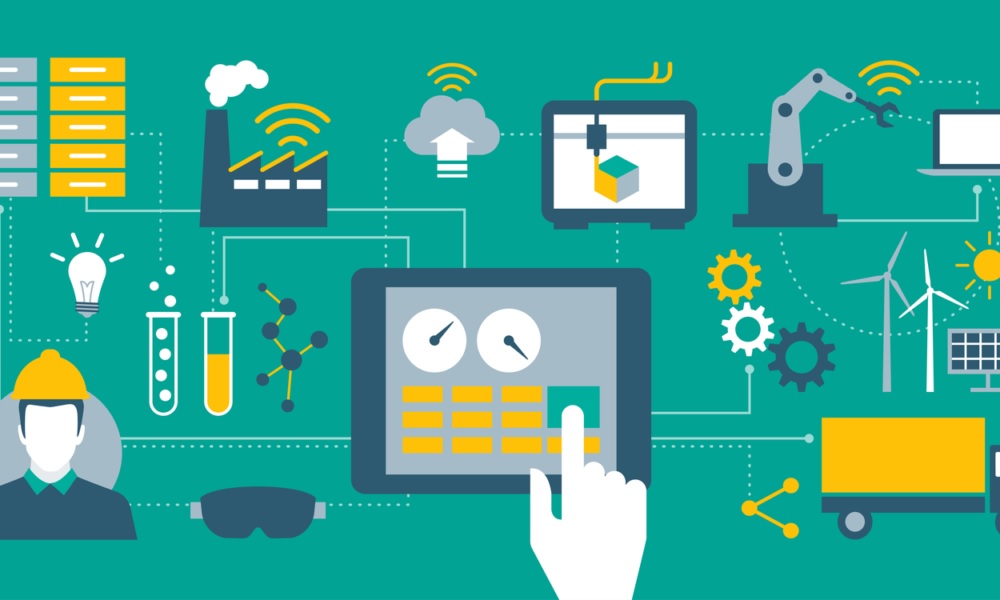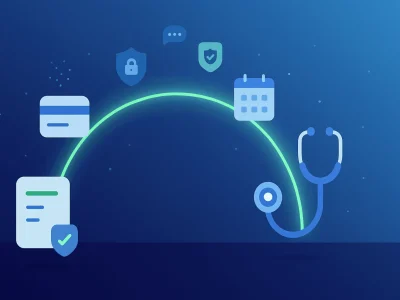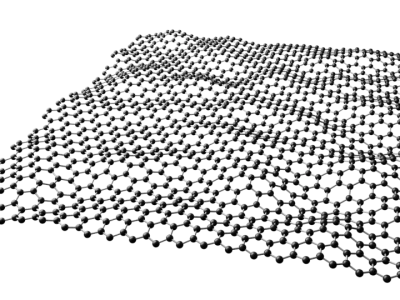The world is currently experiencing a shift towards renewable energy sources due to concerns about climate change and the need to reduce carbon emissions. Renewable energy sources such as solar, wind, and hydro power are becoming increasingly popular, but transitioning to these sources is not without its challenges. One of the biggest challenges facing renewable energy is the need for a smarter grid.
What is a Smart Grid?
A smart grid is an advanced electricity network that uses digital technology to detect and react to changes in energy supply and demand. It allows for two-way communication between the utility and the consumer, enabling real-time monitoring and control of energy consumption. This means that energy can be directed to where it is needed most, reducing waste and boosting efficiency.
Why are Smart Grids important for Renewable Energy?
Renewable energy sources such as solar and wind are intermittent, meaning that they are not always available when needed. The fluctuating nature of these sources can create instability in the grid, leading to blackouts or brownouts. Smart grids can help to manage this instability by balancing supply and demand in real-time.
Smart grids can also support the integration of distributed energy resources (DERs) such as rooftop solar panels. DERs are small-scale energy sources that are located close to the point of consumption, such as residential or commercial buildings. Smart grids can enable the seamless integration of these resources into the grid, allowing them to be used to supplement or even replace traditional power sources.
The Benefits of Smart Grids for Renewable Energy

- Increased Efficiency: Smart grids enable more efficient use of energy, reducing waste and saving money for both utilities and consumers.
- Improved Reliability: Smart grids can help to reduce the risk of blackouts and brownouts by balancing supply and demand in real-time.
- Greater Flexibility: Smart grids can support the integration of a variety of renewable energy sources, including DERs, making the transition to renewable energy more feasible.
- Reduced Carbon Emissions: By enabling the integration of renewable energy sources, smart grids can help to reduce carbon emissions and combat climate change.
The Future of Smart Grids and Renewable Energy
The transition to renewable energy is a complex process that will require a range of solutions. Smart grids are an essential component of this transition, enabling the integration of renewable energy sources and improving the efficiency and reliability of the grid.
As technology continues to advance, smart grids will become even more sophisticated, allowing for even greater control and optimization of the energy system. This will enable the widespread adoption of renewable energy sources and help to create a more sustainable future for all.








Comments